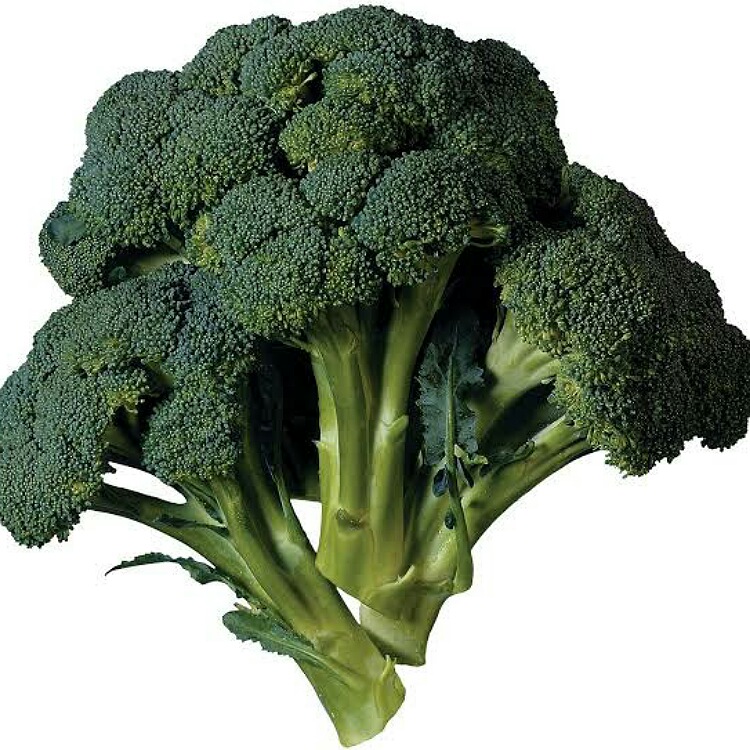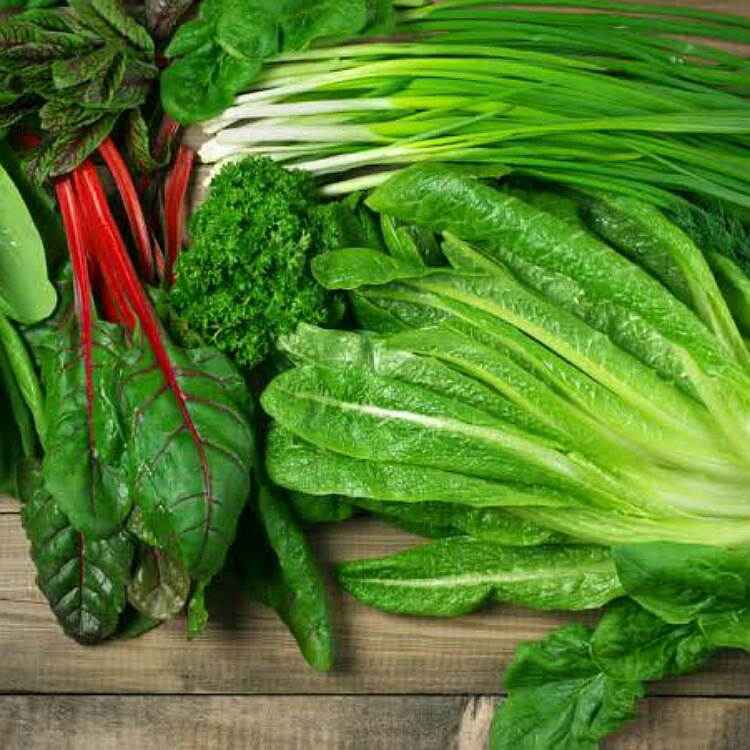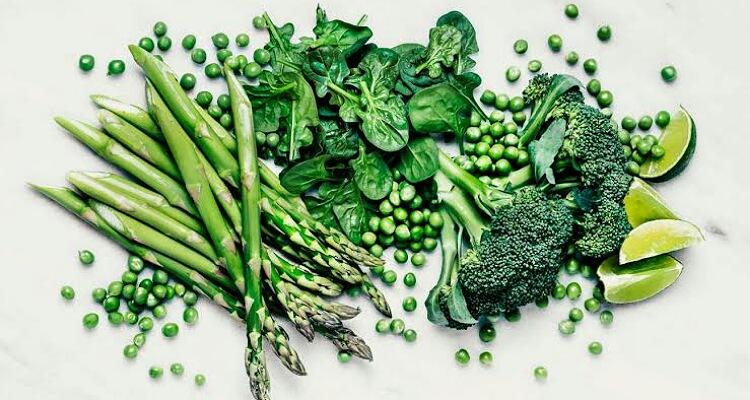Everyone uses mobile screens for many hours everyday. Even children are hooked to it.
The light emitted from the screens are damaging for the eyes. And with summer coming in, its strong light could also harm the eyes. Here are some diet tips for eye health.
Eye health and summers
Mobiles and computers have become an essential part of the lives of everyone irrespective of age. But we also know that mobile screens are harmful for the eyes.
And during summer, the sun rays are strong. These too have a detrimental effect on the eyes. Gretchen Vannice, Director of Nutrition Education and Research at Wiley’s Finest explains:
“Blue light, whether natural (from the sun) or artificial, is not easily filtered by your eyes; the greater the exposure, the greater the risk of potentially damaging your vision.”

Sungears for the eyes such as sunglasses protect the eyes from the harmful UV light. But do you know that certain food items are also excellent for eye health. These foods protect our eyes from the harmful effects of the blue light with high energy.
Lutein
Lutein is synthesized by plants. It is a xanthophyll and a naturally found caretonoid. The substance has antioxidant properties. Hence it is a protection against free radical damage of body cells including those of the eye.
It also is an anti-inflammatory component and saves the eye cells from harm resulting from inflammation in the body.
It is useful to prevent cataracts and degeneration of macula due to aging and other reasons. Pauline Cox, functional nutritionist at Wiley’s Finest said:
“Lutein is a powerful antioxidant important in the biochemical reactions important for healthy vision.”
“[It] has been shown in research to offset the detrimental effects of age-related macular degeneration in moderate to severe cases of macular degeneration.”
“The effect was not significantly observed in mild age-related macular degeneration.”

Foods rich in lutein include dark green leafy vegetables, pumpkin, squash, broccoli, peas, carrots, sweet potato, and eggs.
Zeaxanthin
Just like lutein, zeaxanthin is also a powerful antioxidant. It works along with lutein to absorb the bad light and save the eye from its damage. Pauline explains:
“Zeaxanthin is a carotenoid that gives foods such as paprika, saffron and corn their red, yellow and orange pigments.”
“Several studies have shown that, when consumed with lutein, they can lower the incidence of age-related macular degeneration.”
“Zeaxanthin helps protect the eye cells from the harmful effects of high-energy light sources, such as the sun’s ultraviolet rays.”
Read here
7 sustainable innovations to feed the increasing population of this world!

Additionally, Astaxanthin is good for the eyes. Pauline elaborated:
“Astaxanthin has been shown in research to increase the ocular blood flow to the eyes as well as increasing the antioxidant enzyme profile of the eyes.”
“This antioxidant is found in high concentration in seafood and salmon.”
“It gives these foods their striking deep rose-pink colour when cooked, for example prawns and shrimp.”
Foid sources can provide both astaxanthin and zeaxanthin. Zeaxanthin is in ample amounts in broccoli, kale, spinach and such green leaves.
Egg yolk, pepper, and grapes also abound in this caretonoid. And astaxanthin are present in freshwater microalgae. Yeast, salmon, and shrimps are good sources of this substance.